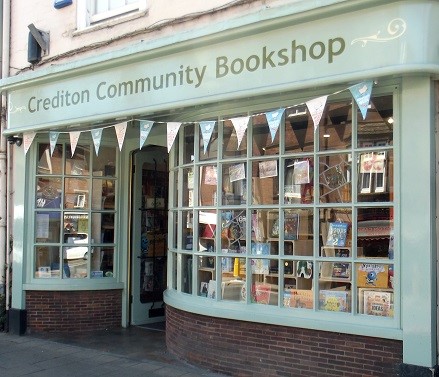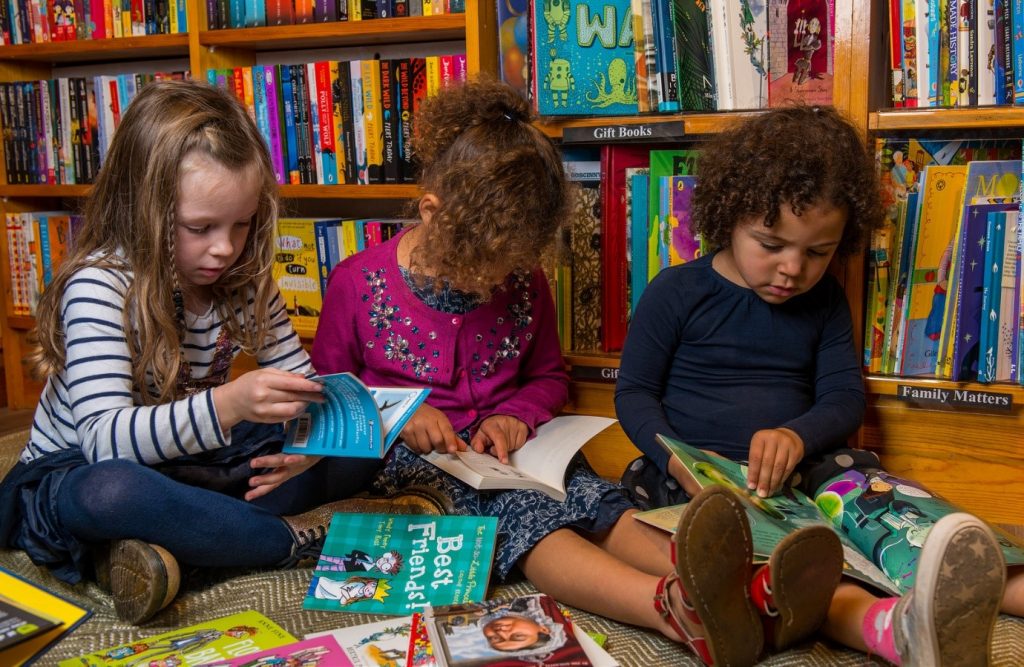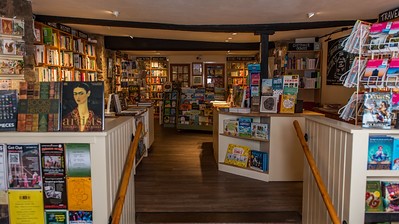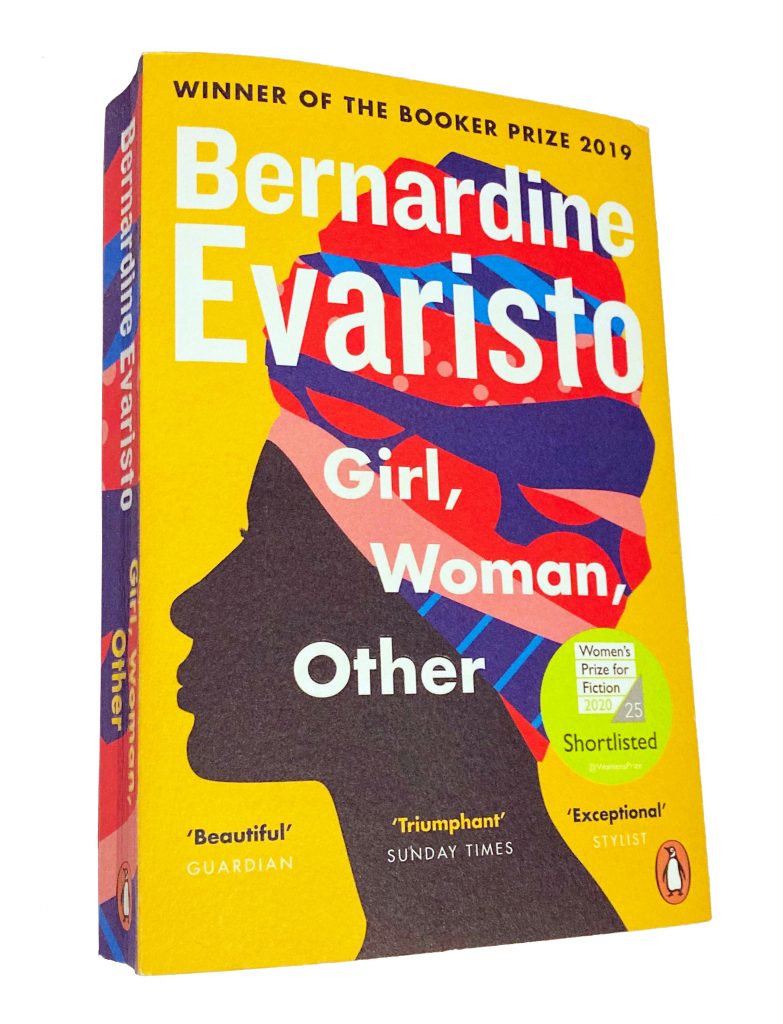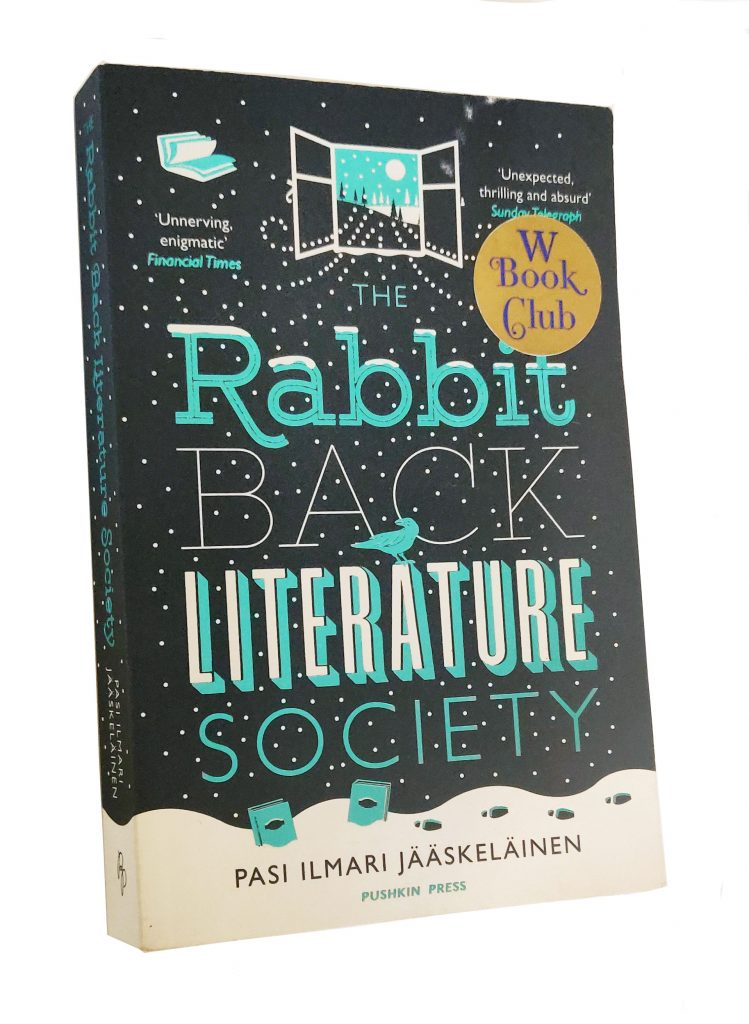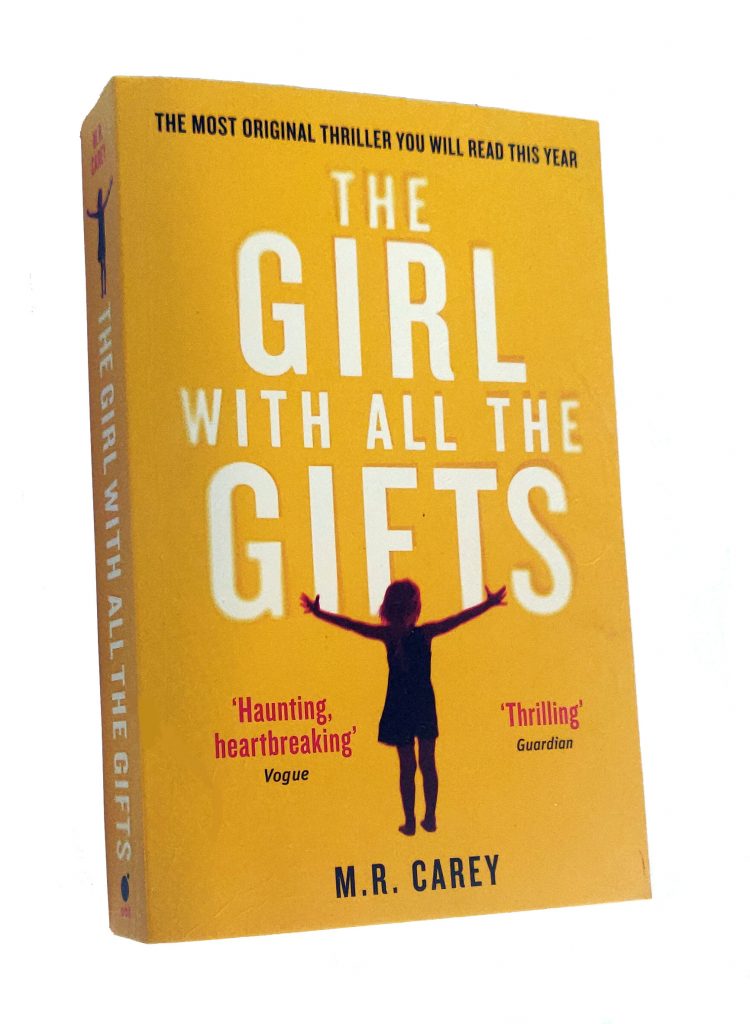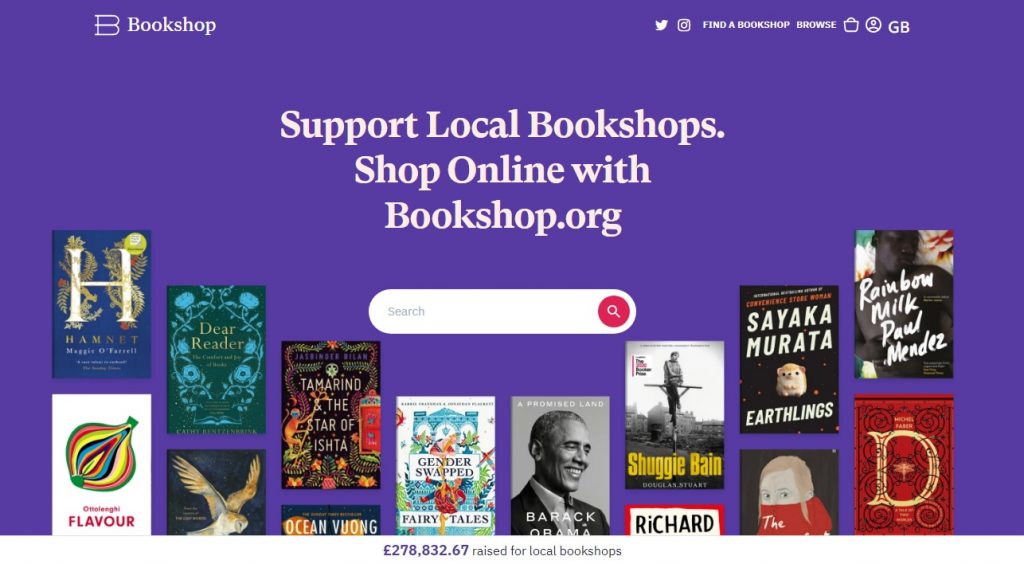Editorial
Hello!
Today, 26 November 2020, is our second birthday as Newgen Publishing UK – we hope an auspicious day to release this, our first ever Newgen newsletter. Welcome, come on in!
My name is Eleri Pipien and I am the commissioning editor for Newgen Publishing UK. I joined Out of House Publishing, as Newgen was then known, five years ago as a production editor and immediately fell in love with the friendly atmosphere of the company. Since then, it has grown hugely, been welcomed into the global Newgen family and expanded beyond production, which we are still best known for. In September of this year I returned from maternity leave to my new role as commissioning editor and wanted to set up this newsletter as a place to welcome our community of commissioned authors, talk about who we are as a company and share information about the things we love the most (namely, books!).
I work with an extremely talented bunch of individuals who have kindly contributed, so it is my pleasure to introduce what we’ve got in store for you.
The first issue would not be complete without an introduction to Newgen Publishing UK from the very man who set it up many moons ago in his basement, Jo Bottrill.
You’ll be pleased to know that we’re not still in that basement. We’ve not only grown in numbers but also in what we can do. There are some exciting new things to share with you in our ‘What’s new?’ section.
Each issue will feature one of our authors, and for this issue, we have the very first author I ever commissioned, Matt Lewis. I have worked with Matt for years and have watched in awe as he has become a successful author and documentary presenter.
One of our production editors, Nicola, is also a copy-editor and proofreader. She shares her top tips for authors on making sure language is inclusive.
We have recently set up a staff book gang and we hope you will read along with us! Phil has provided a bit of background on how it works and the books we have read so far. Sonnie has chosen the latest book and she goes into what she chose and why. You can share your thoughts about our choices on Facebook, Twitter and Instagram using #newgenbookgang.
We are big supporters of independent book shops, and our office in Stroud, Gloucestershire, is lucky enough to have several in the surrounding areas. A lot of us choose to work from home normally (of course, we are all working from home currently) and Tamsin tells us about her favourite local bookshop in Crediton, near Exeter.
And finally, independent book shops have had some lovely news in these difficult times with bookshop.org coming to the UK after their success in the US. Who are they and why have they been described as ‘the Rebel Alliance to Amazon’s Empire’? Annie explains.
Enjoy!

